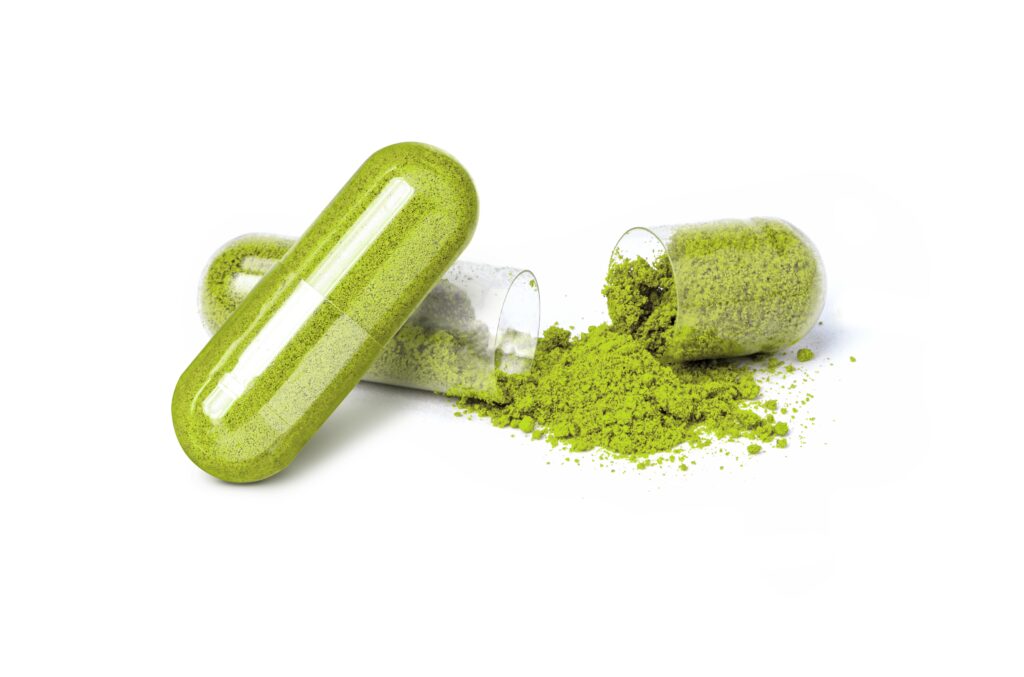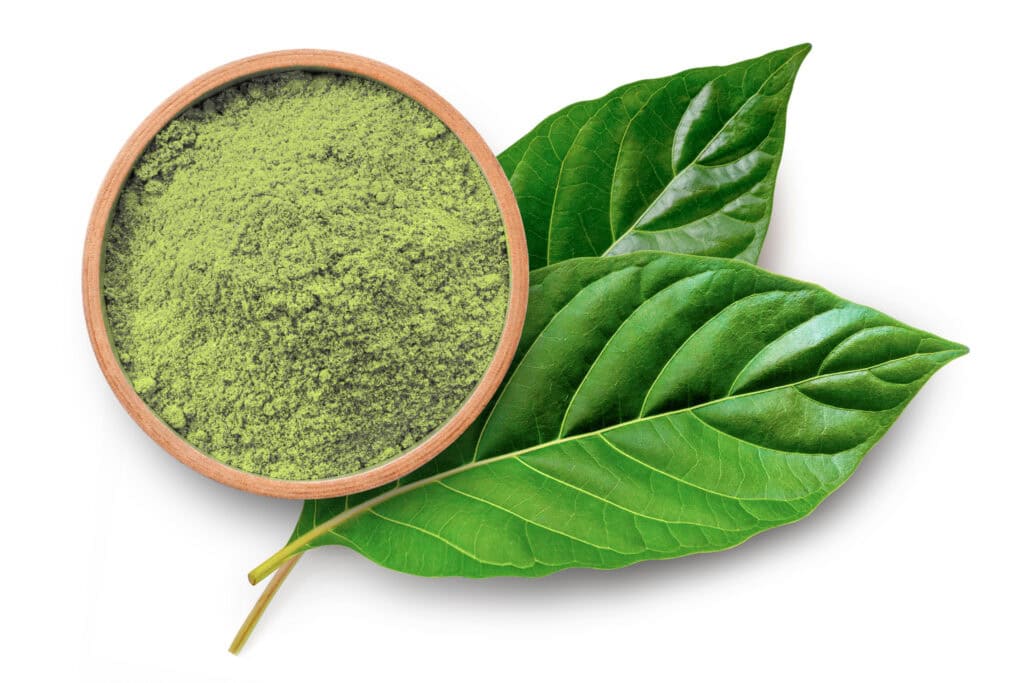How Long Does Kratom Stay in Your System?
Kratom, a tropical tree native to Southeast Asia, has garnered significant attention for its psychoactive properties and potential therapeutic uses. However, as with any substance, understanding how long kratom stays in your system is crucial for safety, medical purposes. This blog explores the factors influencing kratom’s duration in the body, the detection methods, and essential information for users and healthcare providers.
Understanding Kratom
Kratom (Mitragyna speciosa) is often used for its stimulant effects at low doses and sedative effects at higher doses. The primary active compounds in kratom are mitragynine and 7-hydroxymitragynine. These alkaloids interact with opioid receptors in the brain, leading to pain relief, mood enhancement, and relaxation. Given its diverse effects, kratom has been used both recreationally and medicinally, but its legality and safety remain under scrutiny in many regions.

Factors Influencing Kratom’s Presence in the System
Several factors can affect how long kratom stays in your system:
Dosage and Frequency of Use: Higher doses and more frequent use can lead to a longer detection time. Chronic users may find that it stays in their system for extended periods compared to occasional users.
Metabolism: Individuals with faster metabolic rates may process and eliminate more quickly than those with slower metabolisms. Metabolic rate can be influenced by factors such as age, activity level, and overall health.
Body Fat: Kratom’s alkaloids are lipophilic, meaning they can be stored in fat tissues. People with higher body fat percentages might retain kratom longer than those with lower body fat.
Age: As people age, their metabolism generally slows down, which can result in longer retention of substances in the body.
Hydration Levels: Adequate hydration can help flush substances out of the system more quickly. Dehydration can slow down the elimination process.
Liver and Kidney Function: The liver metabolizes kratom, and the kidneys excrete it. Impaired liver or kidney function can slow down these processes, leading to longer detection times.
Detection Methods
Kratom can be detected in the body through various testing methods, each with different detection windows:
Urine Tests: The most common method for detection is urine testing. Kratom can be detected in urine for up to 7-9 days after the last use, although this window can vary based on the factors mentioned above.
Blood Tests: Blood tests can dictate but the detection window is shorter, typically up to 24 hours. Blood testing is less common due to its invasive nature and the short detection period.
Saliva Tests: Saliva tests are not commonly used for detection, but when they are, kratom can be detected for up to 24 hours after the last use.
Hair Tests: Hair tests can detect kratom for up to 90 days or longer. However, this method is rarely used due to its high cost and the time required for hair to grow out.

The Half-Life of Kratom
The half-life of a substance is the time it takes for half of the drug to be eliminated from the body. The half-life of mitragynine, kratom’s primary alkaloid, is estimated to be around 23-24 hours. This means that it takes about a day for half of the mitragynine to leave your system. However, the half-life can vary depending on the factors mentioned earlier.
Implications for Drug Testing
Kratom is not commonly included in standard drug tests. However, specialized tests can detect its presence. If you are undergoing drug testing for employment, legal, or medical reasons, it’s essential to disclose any kratom use to the testing facility or your healthcare provider.
Tips for Managing Kratom Use
For those using kratom for therapeutic purposes or recreationally, here are some tips to manage its presence in your system:
Moderate Use: To minimize the time kratom stays in your system, use it in moderation. Avoid taking high doses or using it too frequently.
Stay Hydrated: Drink plenty of water to help flush kratom out of your system more quickly.
Maintain a Healthy Lifestyle: Regular exercise, a balanced diet, and adequate sleep can support your metabolism and overall health, aiding in the elimination of substances.
Consult a Healthcare Provider: If you have concerns about kratom use or its effects on your health, consult a healthcare provider. They can provide personalized advice and support.
Connect With Us Now
Reach out to us now for immediate support, or let us know the best time to contact you through our confidential call back service. Your journey to healing is just a conversation away
Conclusion
Understanding how long kratom stays in your system is essential for making informed decisions about its use. Several factors, including dosage, metabolism, and overall health, influence kratom’s detection time. While kratom can be beneficial for some, it is crucial to use it responsibly and be aware of its potential impacts on your body and legal standing.
For more information and its effects you can visit resources such as the Oasis Recovery Center and the Asheville Detox Center. These centers provide valuable insights and support for those navigating substance use and recovery.
Additionally, understanding the implications of kratom use is crucial. It is not only about how long the substance stays in your system but also about the overall impact on your health and well-being. If you are considering kratom for therapeutic use or are already using it, staying informed and cautious is key.
For further education on kratom and its effects, consider visiting these resources:
- National Institute on Drug Abuse (NIDA)
- American Kratom Association
- Substance Abuse and Mental Health Services Administration (SAMHSA)
- PubMed
By understanding kratom’s duration in your system, you can better manage its use and ensure it aligns with your personal and professional responsibilities. Always prioritize your health and well-being, and seek professional advice when needed.
For additional support and information, you might find these centers helpful:
These links provide valuable insights and guidance, helping you navigate the complexities of kratom use and its implications on your health.




